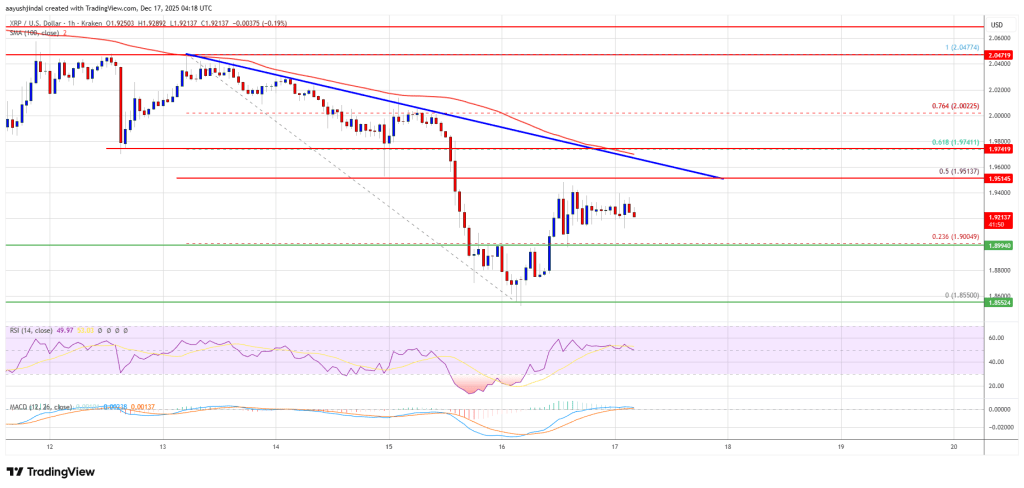Google Becomes TeraWulf’s Largest Shareholder, Expands Into Bitcoin Mining
Google took a 14% stake in the bitcoin mining company, TeraWulf. This operation follows an increase in its financial commitment in a colocation agreement with Fluidstack. Thanks to this move, the tech giant becomes the main shareholder of TeraWulf and thus strengthens the credibility of its model between crypto and high-performance hosting.

In brief
- Google becomes main shareholder of TeraWulf with 14% of capital.
- A backstop of 3.2 billion $ secures the agreement with Fluidstack for AI and HPC.
- TeraWulf maintains its Bitcoin mining but now prioritizes AI for future growth.
A significant entry into the world of Bitcoin mining
Google has officially taken a 14% stake in the company TeraWulf, specialist in bitcoin mining . It thereby becomes its main shareholder. This operation stems from an agreement around the Lake Mariner data center, where TeraWulf collaborates with the AI infrastructure Fluidstack.
In exchange for a financial backstop of 3.2 billion dollars, Google received more than 73 million warrants. For Kerri Langlais, TeraWulf’s strategy director, this partnership constitutes a strong validation by a globally recognized technological player.
Google’s commitment is to guarantee Fluidstack’s financial obligations over ten years. If the latter could not pay its rents, Google would take over.
This guarantee is exclusively linked to AI and HPC (High Performance Computing) hosting activities. It does not cover debt or TeraWulf’s direct bitcoin mining operations.
Fluidstack has already confirmed the expansion of its activities with the construction of a new data center planned for 2026 at the Lake Mariner campus.
This securitization draws the attention of financial markets. It strengthens the solidity of the partnership and legitimizes TeraWulf’s hybrid strategy.
Mining maintained, but without expansion
After the April 2024 halving, mining rewards fell to 3.125 BTC, reducing miners’ profitability. Facing this pressure, many players diversify their model by redirecting part of their energy capacity to more profitable uses such as AI and HPC.
TeraWulf confirms it wants to maintain its bitcoin mining activities. Indeed, the company wants to generate cash flow but does not plan expansion in this area. The priority is now on long-term AI and HPC contracts, considered more predictable and value-creating.
A VanEck report in 2024 estimated additional potential profits of 14 billion dollars for listed mining companies, provided they shift 20% of their capacity to AI by 2027. In this perspective, the TeraWulf–Fluidstack agreement could generate between 6.7 and 16 billion dollars in revenue, depending on its duration and extensions.
Investors seem convinced. TeraWulf stock (WULF) jumped more than 70% in five days. Thus, it confirms that Google’s entry acts as a catalyst for the company and more broadly for the crypto industry.
Disclaimer: The content of this article solely reflects the author's opinion and does not represent the platform in any capacity. This article is not intended to serve as a reference for making investment decisions.
You may also like
Explosive Theta Labs Lawsuit: Former Execs Accuse CEO of Fraud and Price Manipulation
Pi Network stock price remains under pressure, momentum weakens

XRP price recovery appears fragile—can bulls break through the price ceiling?

Pantera: 2025 will be a year of structural progress for the crypto market
